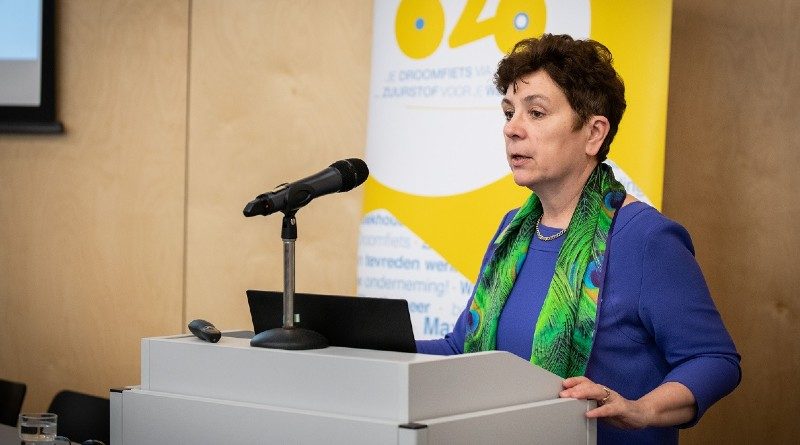LEVA-EU commissions research into potential of light EV’s to fight climate change
LEVA-EU has commissioned research from the German Aerospace Centre (DLR) to examine the potential of light electric vehicles in the fight against climate change.
LEVA-EU believes that mass uptake of Light Electric Vehicles (LEVs) such as e-scooters, electric (cargo)cycles, e-mopeds, e-motorcycles and small three- and four-wheeled e-vehicles is crucial to reducing transport emissions.
However, many decision-makers mistakenly believe that replacement of the current fleet of internal combustion engine vehicles by similarly sized electric cars will be sufficient to achieve overall transport emission reductions. LEVA-EU believes this is a flawed policy.
Annick Roetynck, LEVA-EU manager, said: “As with electrically powered passenger cars, LEVs allow for emissions from a combustion process, as seen in petrol- and diesel-powered vehicles, to be eliminated. In contrast to the large and heavy passenger cars, however, the batteries and vehicles themselves are considerably smaller and lighter, so that the consumption of critical raw materials is also reduced, thus considerably lowering production-related greenhouse gas emissions.”
There is widespread agreement to reduce CO2 emissions from transport by a minimum of 50% at the latest by 2050, according to the United Nations Economic Commission for Europe.
In the framework of the 2021 United Nations Climate Change Conference (COP26) in Glasgow this November, LEVA-EU has now commissioned such research from DLR in alliance with the International Cargo Bike Festival, Zedify and micromobility consultancy Mved. The DLR-project was initiated last August. LEVA-EU intends to use the research results to raise awareness among decision-makers and the public of the potential LEVs have to offer in the fight against climate change.
The research will use Germany as an example, where Greenhouse Gas (GHG) emissions from transport currently represent around 20% of total national GHG emissions. The research will model GHG emission reduction potential, based on a scenario in which LEVs replace passenger vehicle trips wherever feasible. The research team will thus determine the theoretical potential of LEVs for a scenario in 2030 when the Paris Agreement emissions commitments for the sector are to be met.
LEVA-EU, the International Cargo Bike Festival, Zedify and Mved believe meeting the Paris Agreement will require dramatic increases in the numbers and use of LEVs.
Roetynck added: “Evaluation of passenger car use in Germany shows that 60% of vehicle mileage results from trips under 50km and 75% from trips under 100km. This means that around 46% of GHG emissions from the transport sector are caused by trips under 100km, which could partly be driven with LEVs instead of passenger cars – a considerable basic potential for emission reduction.
“Not all trips with passenger cars may be replaced with LEVs, nor will they reduce emissions per vehicle kilometer to zero. The study will therefore estimate a theoretical emission reduction potential considering vehicle performance parameters for passenger car trip substitution as well as production- and operation-related emissions.”



